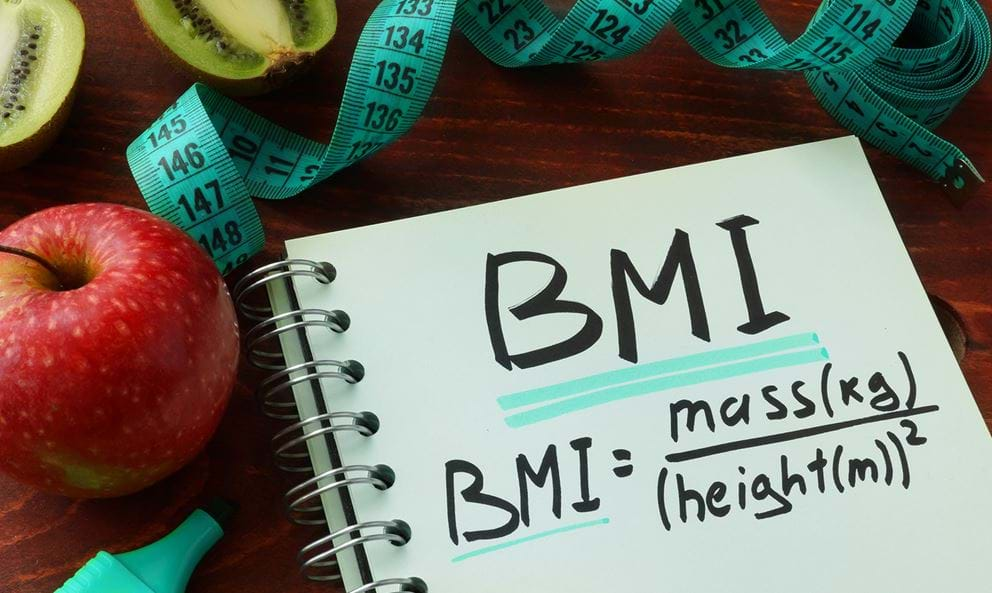BMI: The Be All and End All?

If you’ve ever read so much as one health article in your entire life, or watched 10 minutes of daytime TV, it’s pretty much guaranteed that you’ve heard of BMI.
Maybe you read something about the importance of maintaining a healthy BMI score, or maybe you heard someone rant about how the very concept of BMI is laughable; and that nobody should ever take it seriously.
So, what’s the truth? Let’s take a look.
First things first: what is bmi?
The basic concept behind BMI is almost shockingly straightforward.
Essentially, BMI is just a rating based on your total body weight compared to your height.
For adults over the age of 20, BMI is interpreted using standardised categories, which are the same for everyone. No different categories for men or women, for different ethnicities, for 50-year-olds or 22-year-olds. Just the same thing for everyone.
For those aged between 2-20, BMI scores do take into account age and sex, however.
On the adult BMI scale:
A score under 18.5 is classed as underweight.
A score of 18.5-24.9 is classed as a healthy weight.
A score of 25-29.9 is classed as overweight.
A score over 30 is classed as obese.
The formula used to calculate BMI scores is, as you’d expect, pretty straightforward:
Weight (Kg) / Height (m)2
What are the benefits of bmi?
Though it might be hard to believe if you follow all the negative press about BMI, there are actually certain upsides to using it as a basic health measurement.
- BMI tends to be a pretty good way of estimating healthy and unhealthy fat ranges in the majority of people. According to research, every increase in BMI after a certain point tends to be associated with an accompanying increase in medical issues.[1]
- Keeping an eye on your BMI score is super cheap. All you need is a scale, a tape measure, and a calculator. Specific body fat measurement tests, such as DXA or underwater weighing, can be seriously expensive.
- BMI is simple and non-invasive to calculate. You can work out your own BMI score in five minutes or less, whenever and wherever you want. This makes it a useful and accessible tool to use, for keeping your eyes on the prize during your weight-loss or weight-gain efforts.
What are the downsides of bmi?
Of course, it’s not all sunshine and roses with BMI.
- BMI is notoriously inaccurate when it comes to measuring people with above-average muscle mass. Imagine finding out that all your hard work in the gym, pumping iron and getting jacked, was only for you to end up with an “obese” BMI rating.
- BMI is also not an accurate predictor of total body fat mass in general, just “healthy weight ranges”. Women, for example, will have a higher percentage of body fat than men at the same BMI score, due to their basic biology.
This makes BMI a poor metric for anyone specifically trying to reduce body fat, rather than just overall weight. Frequent gym-goers, for example, often lose fat without losing weight — as they offset their fat loss against some muscle and bone-density gain.[2]
- Although BMI can be used effectively as a screening tool, to identify potential red flags that need further investigation, it isn’t accurate enough to be used as a diagnostic tool. This means that BMI is a poor stand-in for more thorough medical tests when you’re trying to work out your overall health.
[1] https://bmcpublichealth.biomedcentral.com/articles/10.1186/1471-2458-13-1009
[2] https://www.ncbi.nlm.nih.gov/pubmed/10838463


